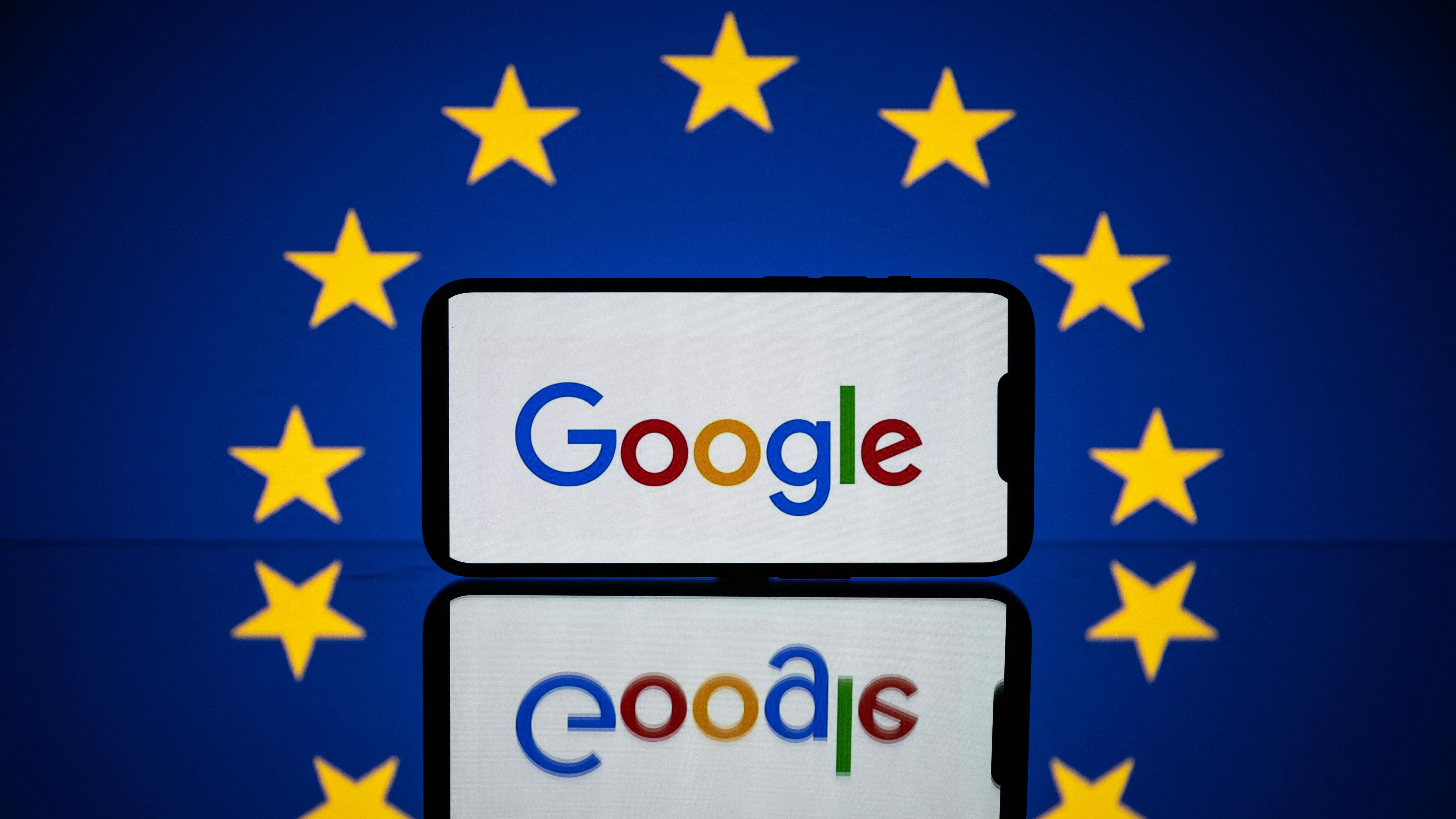Microsoft calls out Google dominance in generative AI as another EU probe nears
Microsoft throws stones from its glass house

Microsoft believes that Google's huge data sets are giving it competitive advantage in the generative AI market.
This is what the tech giant told EU antitrust regulators in response to a consultation with the European Commission in January 2024. The two are currently in the midst of an AI arms race, with Google currently pushing its Gemini AI, and Microsoft continuing to be a key backer of OpenAI, the company behind ChatGPT.
Microsoft believes that Google's complete command of every facet of AI development puts it in unique position, as others have to rely on partnerships to develop the cutting-edge technology.
Competitive advantage
In its report to the Commission, Microsoft said that Google is the only company "vertically integrated in a manner that provides it with strength and independence at every AI layer from chips to a thriving mobile app store. Everyone else must rely on partnerships to innovate and compete."
It added that since Google has its own AI semiconductors, it has a competitive advantage which it will retain for years. This is compounded by the fact that it already has a massive data set to train its Large Language Model (LLM), Gemini, thanks to the Google Search Index and YouTube, which Google owns.
Microsoft said that "YouTube provides an unparalleled set of video content; it hosts an estimated 14 billion videos. Google has access to such content; but other AI developers do not."
The Redmond giant also claimed that since both Google and Apple already have voice assistants that make use of AI (namely Google Assistant and Siri) they again have an advantage when developing further AI tools, as they can "leverage [them] into leadership positions in generative AI. New entrants and competitors of Google and Apple will not enjoy the same advantages."
Sign up to the TechRadar Pro newsletter to get all the top news, opinion, features and guidance your business needs to succeed!
Microsoft also defended itself - and the rest of big tech - from regulatory concerns around partnerships between themselves and small start-ups. To date, Microsoft has invested over $10bn in OpenAI, which is being scrutinized by antitrust investigatiors.
"All of these start-ups relied on different forms of investments and partnerships that enabled them to enter and expand in the space," it said, adding, "encouraging pro-competitive partnerships in the AI space is an effective way to prevent companies from becoming vertically integrated in a manner that would result in an anticompetitive advantage."
Via Reuters
MORE FROM TECHRADAR PRO

Lewis Maddison is a Reviews Writer for TechRadar. He previously worked as a Staff Writer for our business section, TechRadar Pro, where he gained experience with productivity-enhancing hardware, ranging from keyboards to standing desks. His area of expertise lies in computer peripherals and audio hardware, having spent over a decade exploring the murky depths of both PC building and music production. He also revels in picking up on the finest details and niggles that ultimately make a big difference to the user experience.